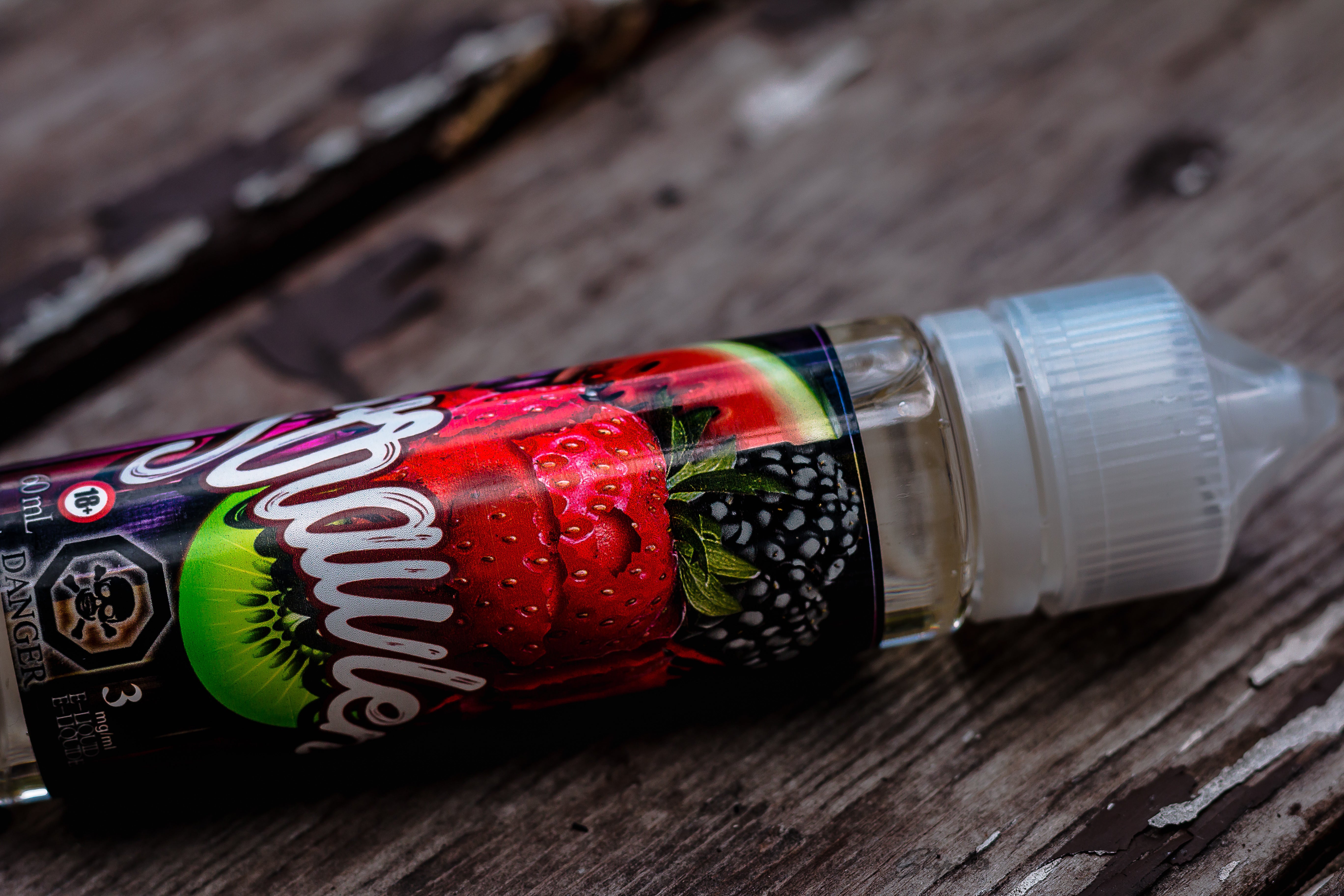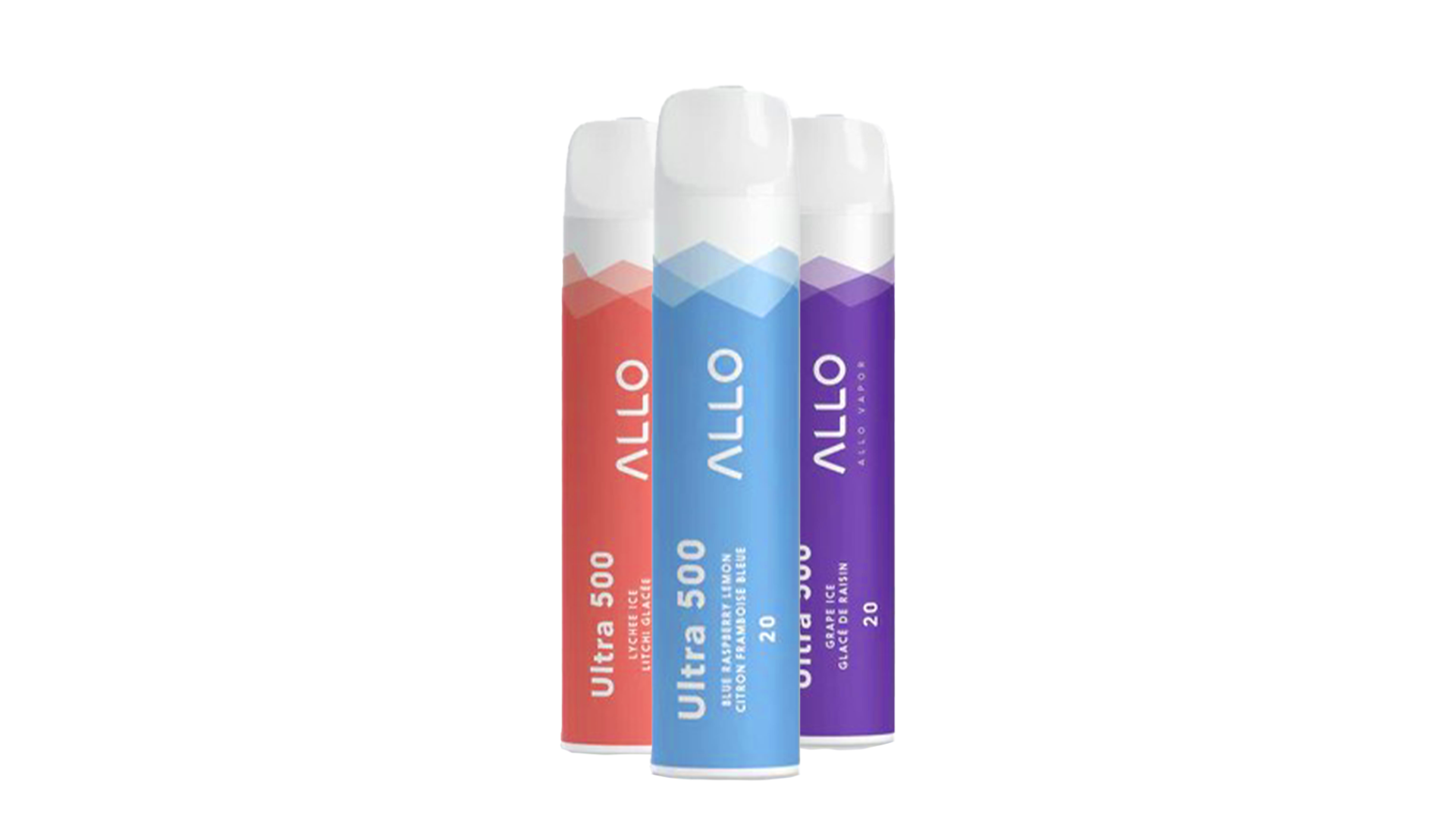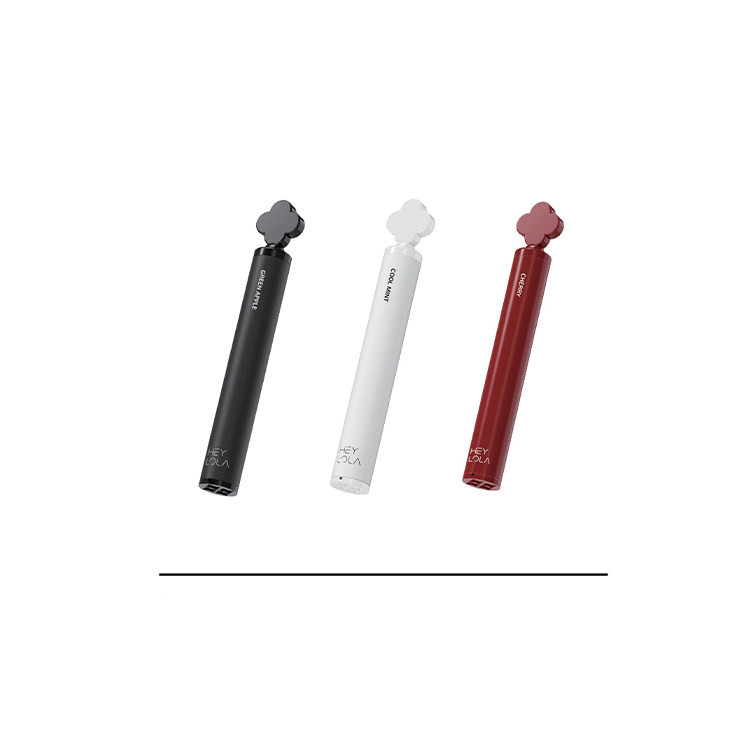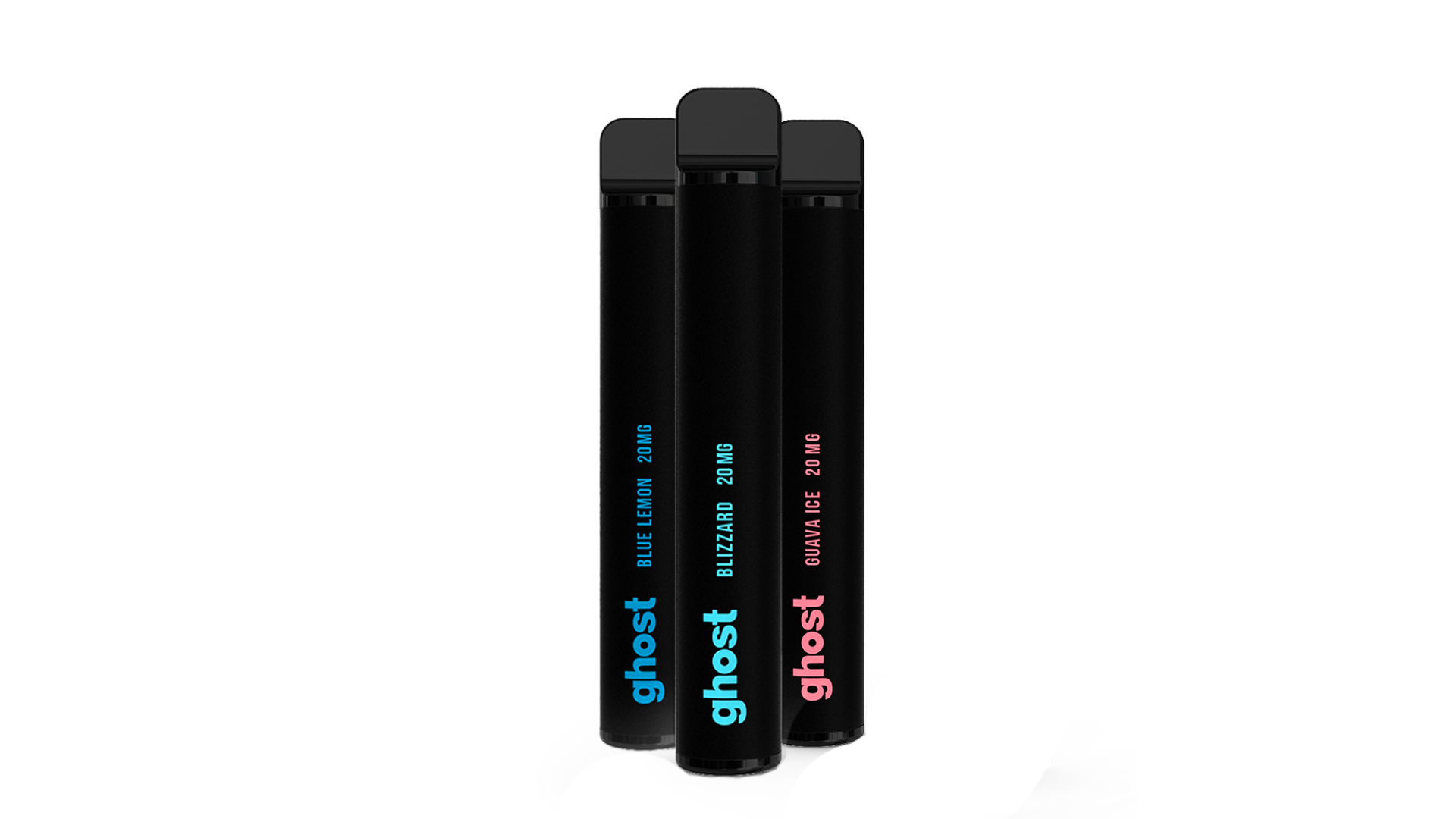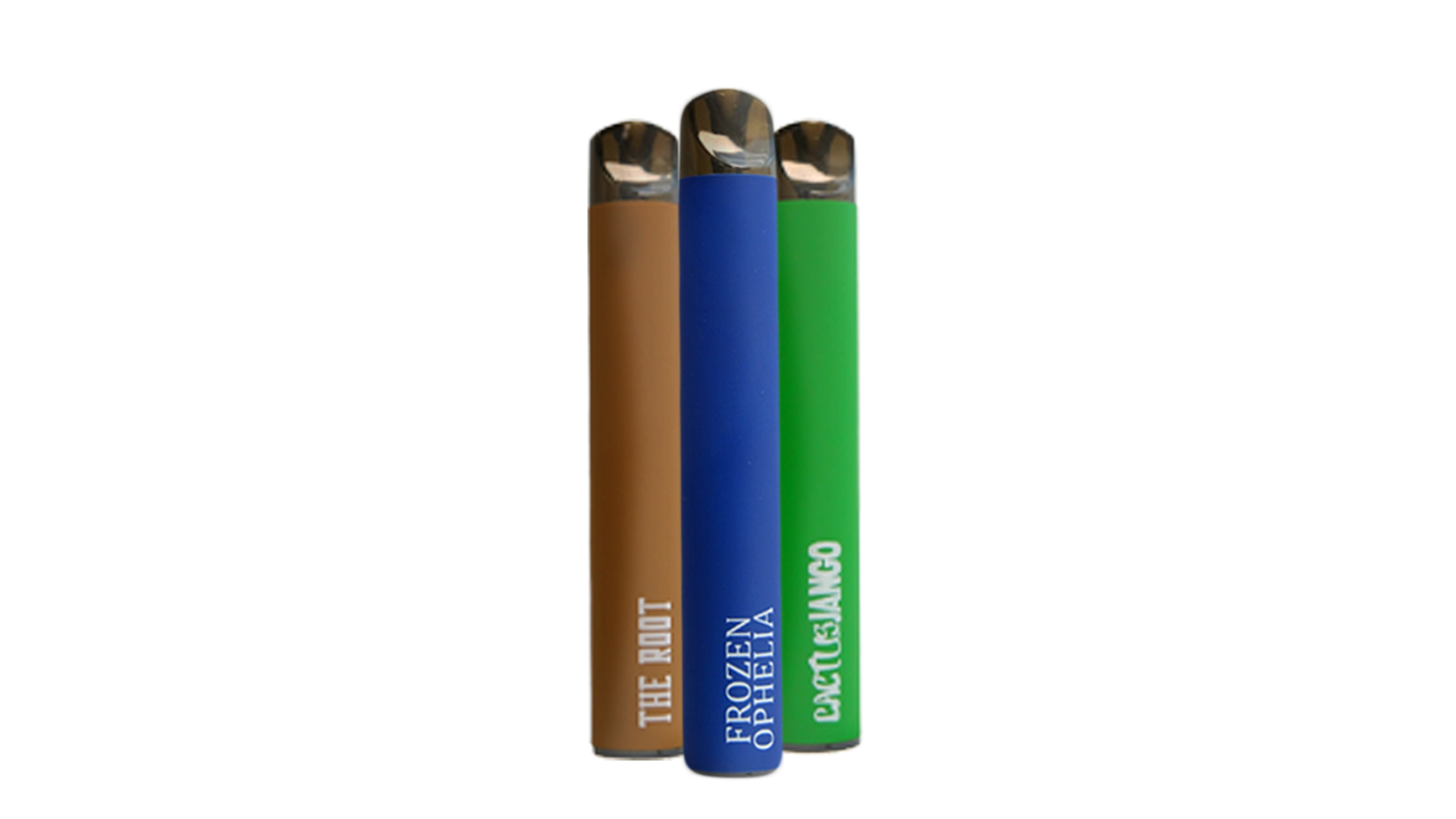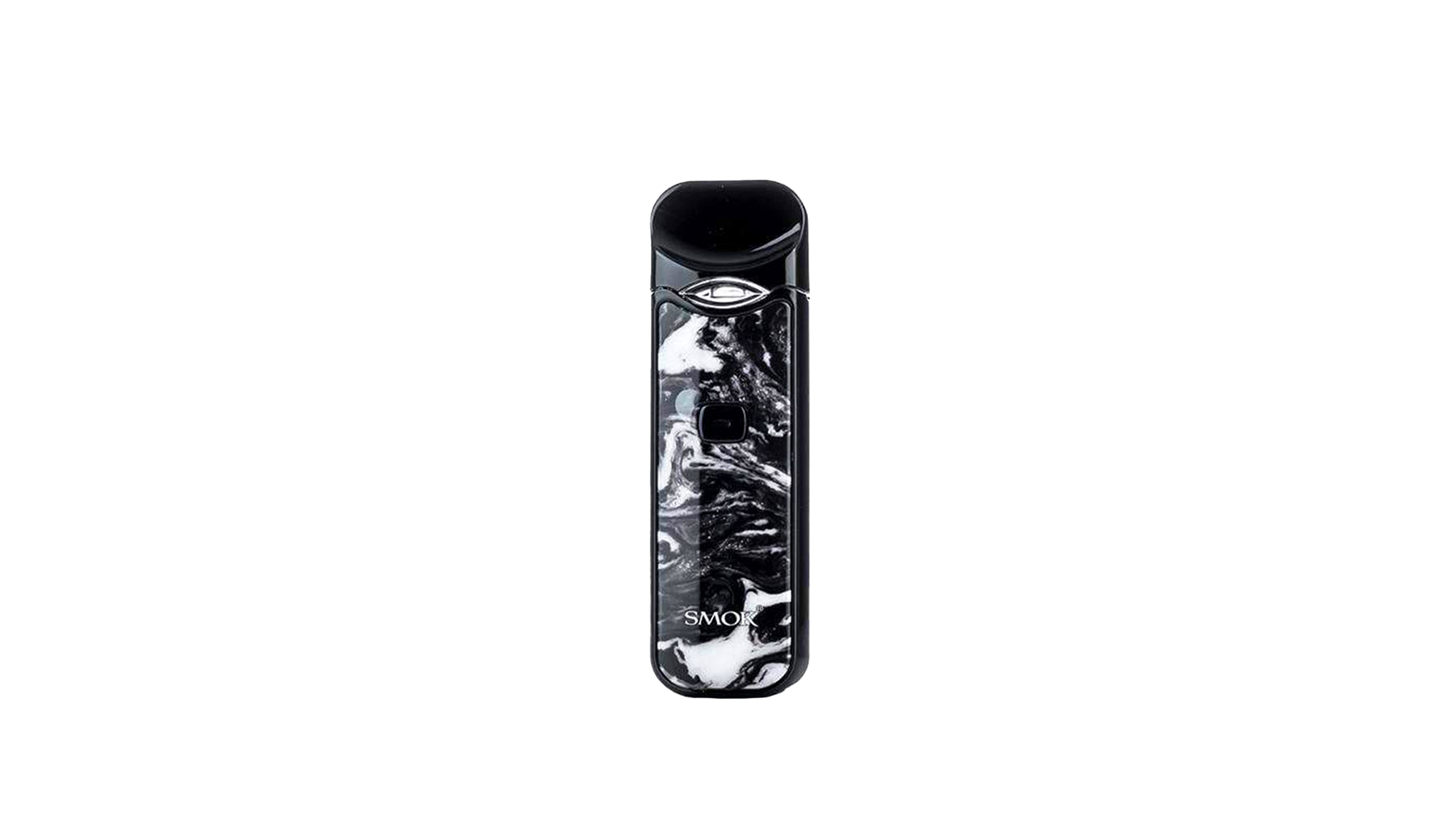False Media and Over Emphasis on Topics to Create Unnatural Biases
Are You a Victim of Fake News?
In his best-selling book, Thinking Fast and Slow, Nobel Memorial Prize winner Daniel Kahneman explains, “A reliable way to make people believe in falsehoods is frequent repetition, because familiarity is not easily distinguished from truth. Authoritarian institutions and marketers have always known this fact.”
Basically, the more familiar something feels, the more likely we are to believe it is true. Psychology explains this phenomenon through the study of heuristics. A heuristic is a mental shortcut. These shortcuts are in place to help us handle cognitive load. Without them, something as simple as a trip to the grocery store would be totally overwhelming.
But when we are constantly relying on heuristics, we leave ourselves susceptible to erroneous beliefs. When we think "fast" all the time, when we never slow down to consider things like source, scientific basis and bias, it is impossible for us to distinguish fact from fiction.
An article by Time Magazine cites an experiment by MIT's Rand to explain:
"The study presented subjects with headlines–some false, some true–in a format identical to what users see on Facebook. Rand found that simply being exposed to fake news (like an article that claimed President Trump was going to bring back the draft) made people more likely to rate those stories as accurate later on in the experiment. If you’ve seen something before, ‘your brain subconsciously uses that as an indication that it’s true,’ Rand says.”
You can see how this all-too human tendency might lead us astray, especially in an age when we are bombarded by news online. Let's have a look at some real-life instances of media-generated bias.
Politics
We may as well talk about the elephant on the world-stage: Trump. Perhaps the most virulent example of, well, media coverage in recent history — but not necessarily media bias. A recent headline by Heatstreet would have you believe the opposite, “Harvard Study Reveals Huge Extent of Anti-Trump Media Bias”. Ironically, all this study (and this headline!) prove is their own bias.
“Academics at the Shorenstein Center on Media, Politics and Public Policy analyzed coverage from Trump’s first 100 days in office across 10 major TV and print outlets. They found that the tone of some outlets was negative in as many as 98% of reports, significantly more hostile than the first 100 days of the three previous administrations.”
An article by Forbes explains that while the "tone" of many Trump stories is negative, that tone isn't proof of bias. The author, Mark Joyella, uses the metaphor of a football team losing a game. An article reporting on that loss can hardly be cited as proof of that news outlet's bias against the team that lost!
Vaping
The media has had a field day with vaping. A quick Google search of the term kicks back 122 million results, many of which are totally contradictory! So, what is fact and what is fiction?
Your average human might be tempted to believe a headline that expounds on the dangers of vaping, simply because these types of headlines are so highly circulated. If you take the time to read the articles that belong to these headlines, you'll find there is no actual proof to back these claims. The whole reason vaping remains contentious is because, drumroll please... there is no research to conclusively say anything!
Vaping is a relatively new practice, and long-term studies on its health effects simply don’t exist yet. The only thing we can say for sure is: we don’t know. Anything else is at best conjecture, and at worst fear-mongering.
The one thing health experts do agree on? Vaping is less harmful than traditional smoking. Public Health England made waves when they released an independent review that estimated, “e-cigarettes are around 95% less harmful than smoking.” Imagine that.
All this to say, next time you read an inflammatory headline, take a minute to think about it. The best defense against false belief is critical thought. Do you believe what an article is saying because it’s convenient? Because yes, you've heard that before! Because it somehow confirms a subconscious belief? Then think again. Slowly this time.
If you enjoyed this article and would like to read more stories like it, subscribe to our newsletter below!






